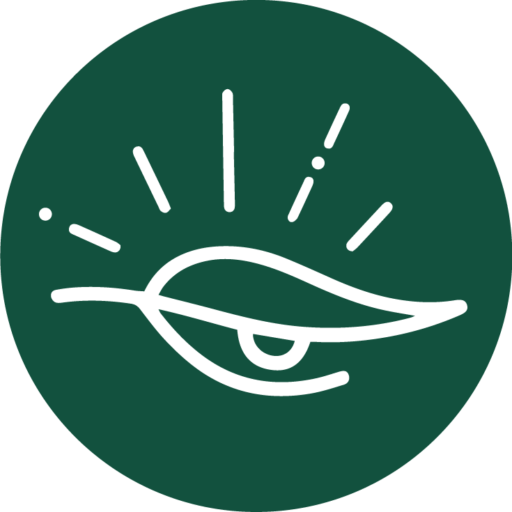
As a child, I was terrified that if I swallowed a seed, a plant would grow inside me. I imagined becoming a human-plant hybrid, leaves sprouting from my nose and ears, tearing through my belly and reaching upward. As much as I’m glad to know the truth now, I desperately miss my childish imagination and a world full of possibilities.
What is your first memory of self? What did it feel like to be a child? Who were we before we were made unanimous?
In my city, there are only two career choices that parents hope their children will follow: doctor or engineer. Creativity is discouraged. To be a student of the arts is seen as futile. The education system buries the creative child in exchange for a conformist.
“When infants are born, they have no concept of self; they are unable to distinguish between who is ‘me’ and who is not ‘me.’ Their entire world is interconnected, and they are still discovering where they end and their caregiver or their surrounding environment begins,” writes psychologist Chiara Fini. We are born into the world with a feeling of oneness, knowing we are in everything and everything is in us.
When my sister’s son was born, my parents would say, “He is talking to God.” If I asked them, “Who is God?” they’d tell me myths and stories of Hindu deities. But perhaps what they really meant by God was the understanding of non-separation. They might not understand the psychology of infancy, but they intuitively grasp its existential truth. Is it because they are religious that they hold such views? Do we forget God, or nature, or the source when we grow older?
What if the climate crisis is not only ecological but also philosophical? Is it a result of losing our connection to the childlike imagination that once saw the world as a whole?
Philosopher Gareth Matthews believes children are natural philosophers and might understand “something about the modern, scientific world better than most adults do.” Yet they lose their inquisitiveness through socialisation. Are we just adults who have lost the capacity to question, wonder, and live in awe?
But when exactly do we forget who we were? Most of us can’t remember anything before the age of three or four. Modern psychology calls this infantile amnesia, but spiritual traditions might perceive it differently, as a kind of raw innocence, closer to that of a divine being. “Buddha is childlike,” wrote the Indian philosopher Osho. “A child’s innocence is a gift of nature.” He went on to say, “If everything goes right, then you will become children again at the end of your life. And that is the goal of all religions.” For Osho, this return to childlike innocence was a kind of resurrection or reincarnation. He believed the challenge of life is to come back into our being with this innocence after gaining a sense of self, after knowing who we are, perhaps nature itself.
Is it a childlike dream to imagine a world where humans remember themselves as nature? What would our politics look like if non-separation were our only truth? How would our laws, our ethics, and our economies shift if we imagined ourselves not above nature but as part of it? Could we be brave enough to dream, even in the face of collapse? What if we knew we were never truly alone? That even our breath is an affirmation of connection to the whole?
Self is shaped both by the interiority of our being and the way we are seen by the world. But what is self? “Self does not always correspond to the biological body. Anything that moves with the body tends to be perceived as part of the self, especially if its motions are self-produced,” wrote Ulric Neisser. If the motion of humans has a clear impact on the environment, how do we relate to the self? Are humans creators or destroyers? It would be naive to believe in our capacity only as destroyers. Since the stories we tell ourselves and others shape the self and the environment, I wouldn’t dare to narrate a self-fulfilling prophecy of destruction.
I don’t hope to find any answers, only to hold space for questions, staying true to the inquisitiveness of a child:
Who were we before we were told who we are?
Human, nature, or both?
Were we wise?
Is wisdom only experiential?
Or is there wisdom in the raw, honest innocence of a child?
Are children wise?
Is the climate crisis a crisis of forgotten childhood, dreams, and imagination?
Perhaps the seeds swallowed in childhood are growing now.
Germinating.
Tearing through the thoughts of a borrowed adulthood.




